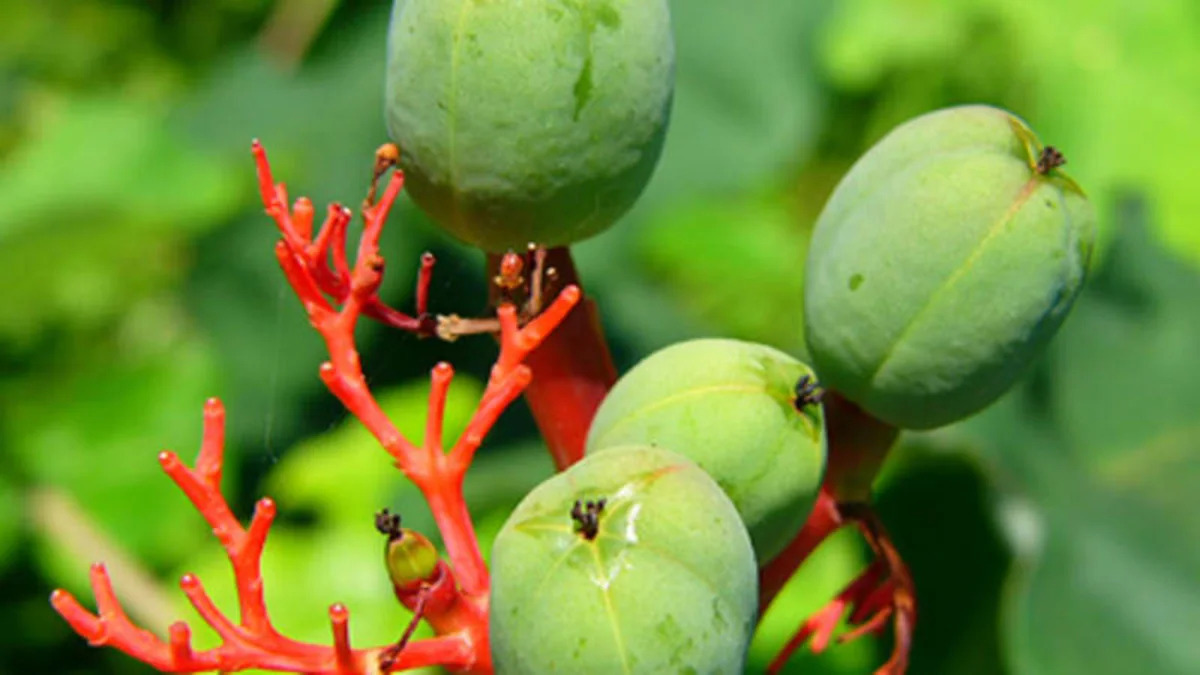Crude palm oil (CPO), used extensively as a biodiesel feedstock in South East Asia, has seen its popularity go through the roof over the last few years as Europe's mandatory biodiesel targets have seen global demand boom. Despite the environmental concerns over large scale rainforest destruction to make way for ever more oil palm plantations, the price of CPO has been low enough that economic demand has not waned. The laws of supply and demand have started to kick in though and suddenly palm oil biodiesel is struggling to match the recent falls in petroleum diesel prices.
In the same time that crude oil prices have fallen 24 percent from last year's record of $78.40 per barrel to $60 per barrel, CPO prices have risen by an even greater degree, a massive 35 percent. After factoring currency conversion rates from the Malaysian Ringgit to the U.S. Dollar, plus production costs to turn the raw oil into biodiesel, estimates put the current price of palm-based biodiesel at close to $90 per barrel.
Even while palm oil's sun may be setting, the new kid on the biodiesel feedstock block, Jatropha oil, is gaining widespread acceptance as a more environmentally friendly and potentially less economically volatile route to a widespread biodiesel future. The price of Jatropha oil, which is non-edible, can not be influenced by fluctuations in food prices unlike palm oil which is a major edible oil crop in addition to being a biodiesel feedstock. Social commentators who have expressed concern that edible oil feedstocks like rapeseed oil, soybean oil and palm oil are being used for fuel when there are people starving in Africa are likely to support Jatropha as a good compromise.
Ironically, Jatropha's popularity is seeing money being pumped into African agriculture, but once again not for food, just for biodiesel production. The long-living plant is being viewed as the spark that can revive the African economy. Africa could potentially become the world's biggest supplier of biodiesel with Norwegian, Indian and British companies moving quickly to secure massive tracts of land on the continent for Jatropha plantations.
Analysis: Palm oil has to this point been a cheap feedstock for European and Asian biodiesel, but its environmental concerns have never been sufficiently answered. Jatropha's ability to flourish on marginal land means that it can be grown in many existing locations without further clearing of forests necessary. Africa as the world's biodiesel supplier - a remarkable thought.
Related:
In the same time that crude oil prices have fallen 24 percent from last year's record of $78.40 per barrel to $60 per barrel, CPO prices have risen by an even greater degree, a massive 35 percent. After factoring currency conversion rates from the Malaysian Ringgit to the U.S. Dollar, plus production costs to turn the raw oil into biodiesel, estimates put the current price of palm-based biodiesel at close to $90 per barrel.
Even while palm oil's sun may be setting, the new kid on the biodiesel feedstock block, Jatropha oil, is gaining widespread acceptance as a more environmentally friendly and potentially less economically volatile route to a widespread biodiesel future. The price of Jatropha oil, which is non-edible, can not be influenced by fluctuations in food prices unlike palm oil which is a major edible oil crop in addition to being a biodiesel feedstock. Social commentators who have expressed concern that edible oil feedstocks like rapeseed oil, soybean oil and palm oil are being used for fuel when there are people starving in Africa are likely to support Jatropha as a good compromise.
Ironically, Jatropha's popularity is seeing money being pumped into African agriculture, but once again not for food, just for biodiesel production. The long-living plant is being viewed as the spark that can revive the African economy. Africa could potentially become the world's biggest supplier of biodiesel with Norwegian, Indian and British companies moving quickly to secure massive tracts of land on the continent for Jatropha plantations.
Analysis: Palm oil has to this point been a cheap feedstock for European and Asian biodiesel, but its environmental concerns have never been sufficiently answered. Jatropha's ability to flourish on marginal land means that it can be grown in many existing locations without further clearing of forests necessary. Africa as the world's biodiesel supplier - a remarkable thought.
Related:
- Palm oil production and prices soar on back of biodiesel
- India closing biofuels plants, Brazil opening them
- "I pledge allegiance to getting better mileage"


Sign in to post
Please sign in to leave a comment.
Continue